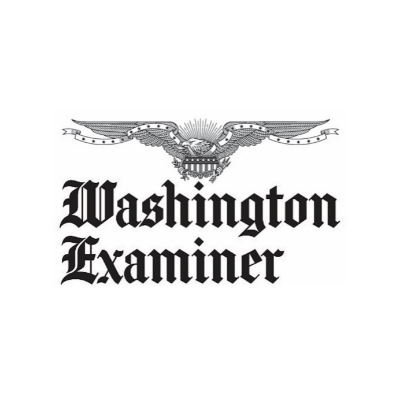 Washington Examiner Article Rating
Washington Examiner Article RatingThe butcher of Oberlin
- Bias Rating
80% Very Conservative
- Reliability
N/AN/A
- Policy Leaning
80% Very Conservative
- Politician Portrayal
-27% Negative
Continue For Free
Create your free account to see the in-depth bias analytics and more.
Continue
Continue
By creating an account, you agree to our Terms and Privacy Policy, and subscribe to email updates. Already a member: Log inBias Score Analysis
The A.I. bias rating includes policy and politician portrayal leanings based on the author’s tone found in the article using machine learning. Bias scores are on a scale of -100% to 100% with higher negative scores being more liberal and higher positive scores being more conservative, and 0% being neutral.
Sentiments
N/A
- Conservative
| Sentence | Sentiment | Bias |
|---|---|---|
Unlock this feature by upgrading to the Pro plan. | ||
Reliability Score Analysis
Policy Leaning Analysis
Politician Portrayal Analysis
Bias Meter
Extremely
Liberal
Very
Liberal
Moderately
Liberal
Somewhat Liberal
Center
Somewhat Conservative
Moderately
Conservative
Very
Conservative
Extremely
Conservative
-100%
Liberal
100%
Conservative

Contributing sentiments towards policy:
39% : As the Islamic Republic of Iran's ambassador to the United Nations, he was a crucial player in the regime's efforts to minimize, obscure, and erase this mass slaughter.38% : In the summer of 1988, thousands of political prisoners were sentenced to death by Iran's notorious "Death Commission," co-chaired by the Iranian regime's current president, Ebrahim Raisi, nicknamed "The Butcher of Tehran.
36% : In October 2020, a group of former political prisoners in Iran, families of executed political prisoners, human rights activists who work for justice and accountability, and international jurists who have examined Iran's gross human rights abuses began calling for the removal of Mohammad Jafar Mahallati from his post at Oberlin College.
34% : Rather than being transparent, Oberlin College Director of Media Relations Scott Wargo incredibly stated that, despite Amnesty International's findings , "The college could find no evidence to corroborate the allegations against professor Mahallati, including that he had specific knowledge of the murders taking place in Iran."
*Our bias meter rating uses data science including sentiment analysis, machine learning and our proprietary algorithm for determining biases in news articles. Bias scores are on a scale of -100% to 100% with higher negative scores being more liberal and higher positive scores being more conservative, and 0% being neutral. The rating is an independent analysis and is not affiliated nor sponsored by the news source or any other organization.





















